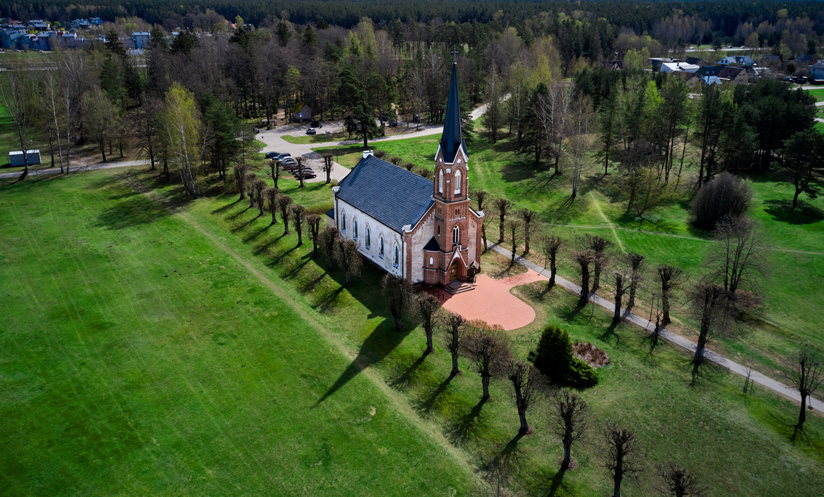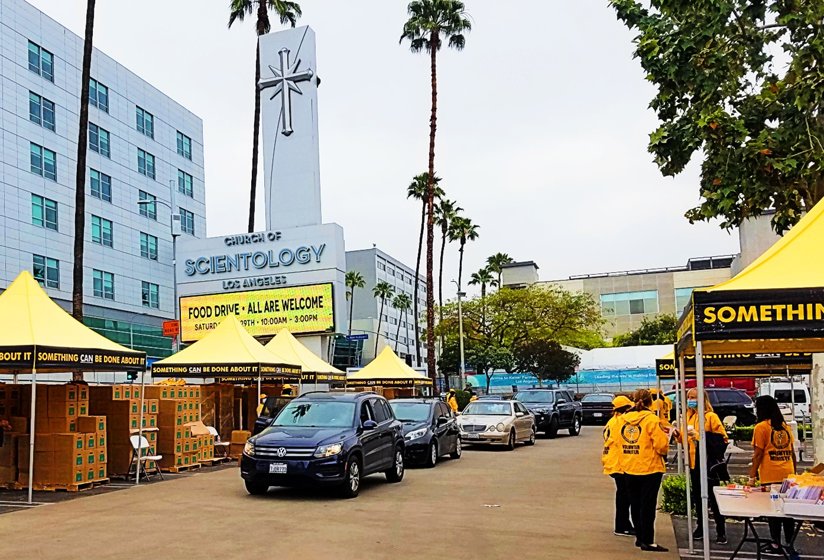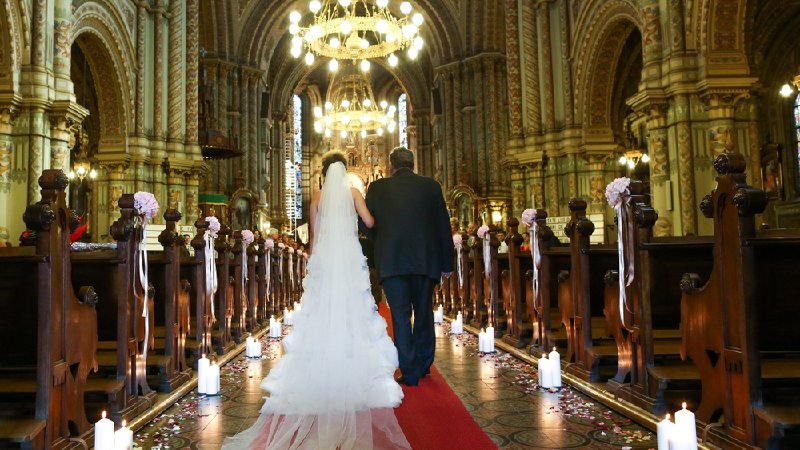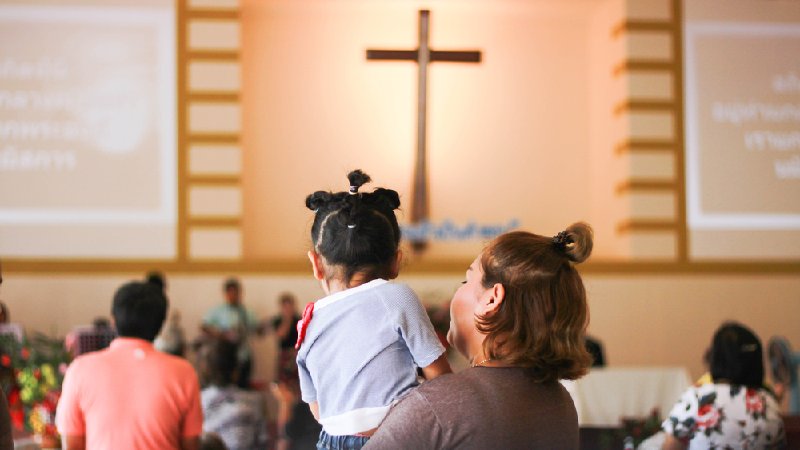
-
HOME
-
WHAT IS STANDOur Mission Our Values Our Help Contact
-
WHAT WE FIGHT FORReligious Freedom Religious Literacy Equality & Human Rights Inclusion & Respect Free Speech Responsible Journalism Corporate Accountability
-
RESOURCESExpert Studies Landmark Decisions White Papers FAQs David Miscavige Religious Freedom Resource Center Freedom of Religion & Human Rights Topic Index Priest-Penitent Privilege Islamophobia
-
HATE MONITORBiased Media Propagandists Hatemongers False Experts Hate Monitor Blog
-
NEWSROOMNews Media Watch Videos Blog
-
TAKE ACTIONCombat Hate & Discrimination Champion Freedom of Religion Demand Accountability
Churches the World Over Are Helping
Churches have long been places of safety and refuge.
The tradition began with the divine inspiration Moses received to designate cities that would enable fair trial instead of blood revenge. Christianity expanded on this principle with the rule that anyone could find shelter in a church, for a time, from criminal or political prosecution.

Today, churches and pastoral shelters provide refuge from sickness and disaster.
In late July, Reuters reported that a Catholic Church in Jakarta, Indonesia, had converted its pastoral center into an isolation ward to care for COVID-19 patients.
At the facility, led by Father Yustinus Ardianto, nearly 90 nuns, priests and other caregivers were helping some 60 patients.
Christianity expanded on this principle with the rule that anyone could find shelter in a church.
"For me, the healing process is not just about medicines, but also a comfortable environment," said Father Yustinus, who has himself recovered from the coronavirus.
It seems that much of the healing comes from the sense of home that a spiritual environment can give. It’s not even about illness: it’s simply about being welcome and safe.
Here in my city, Tampa Bay’s WTSP Channel 10 reports that the local Refuge of Clearwater church provides needed community in times like these—times that are particularly hard on the dispossessed.
As Anthony Reed, who is homeless, put it, “The first day I stepped out here, you just had that feeling that it was home. This ground is blessed. Everyone that comes here is blessed.”

In fire-devastated Northern California, churches, community groups and local government all have been providing meals and hydration.
As Daily Press reported last November, Heritage, a historically Black church in Los Angeles, became a place of refuge for immigrants released from detention centers. In the words of lead pastor Rev. Ivan Sevillano, “Many of us Christians preach but don’t act. The important thing is also to act because there are people out there that need help.”
Throughout the COVID-19 pandemic, the Church of Scientology of Los Angeles has been offering regular drive-through food giveaways, often in partnership with local civic organizations, such as the Guatemalan Chamber of Commerce.
Members of my church are proud to serve as part of this long and great tradition.
Churches today recognize that they are often the last haven for those in need.
They are each, in the end, much more than a place of prayer. They are sanctuaries of help—both tangible and spiritual.









